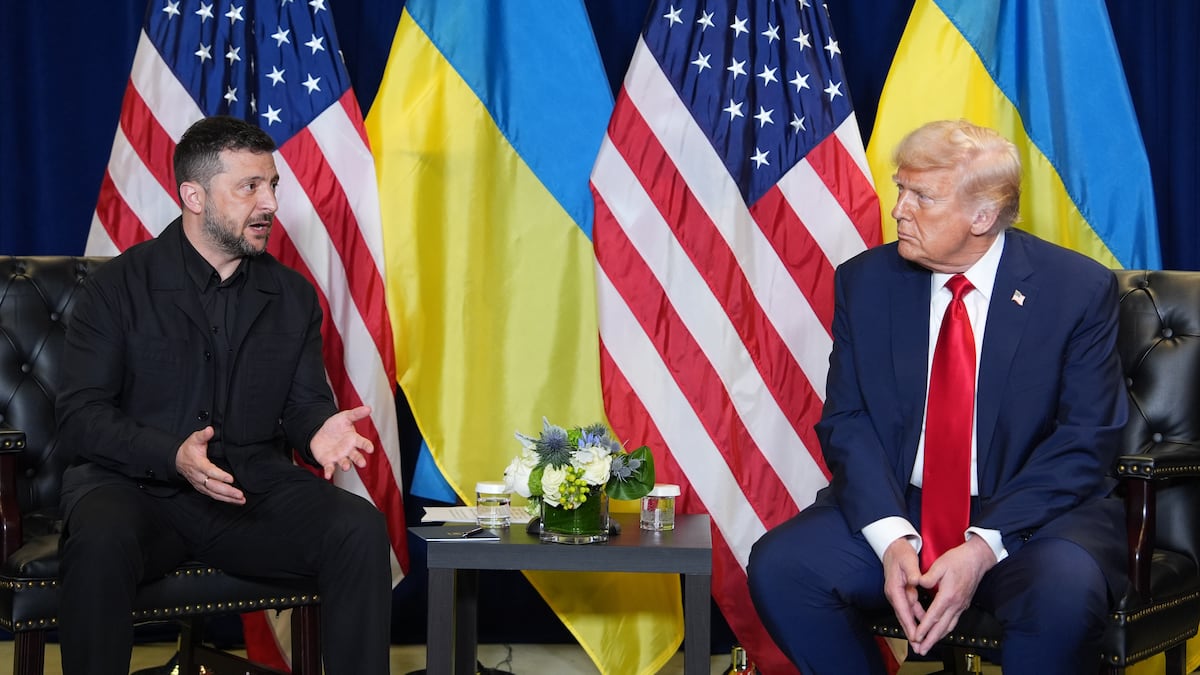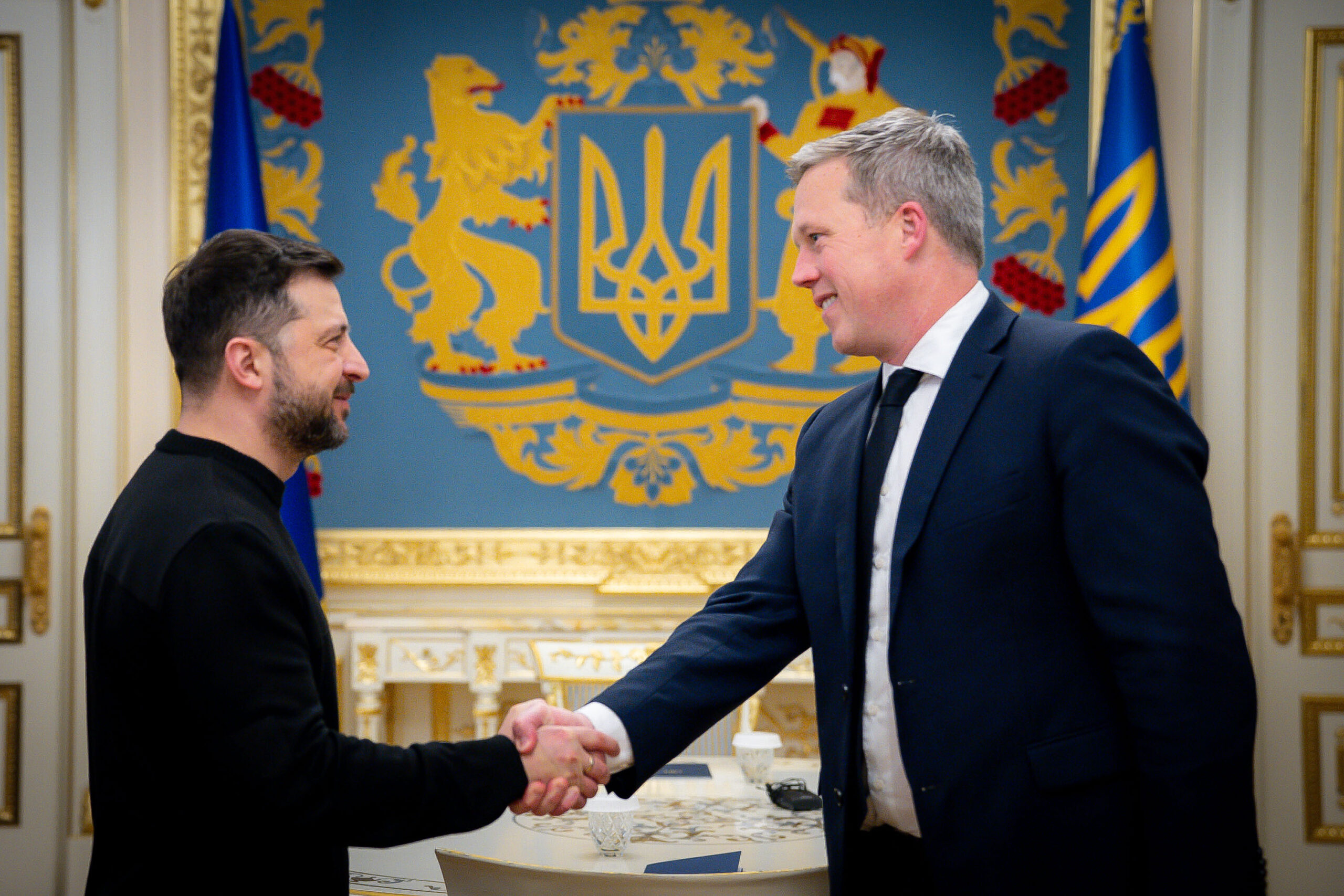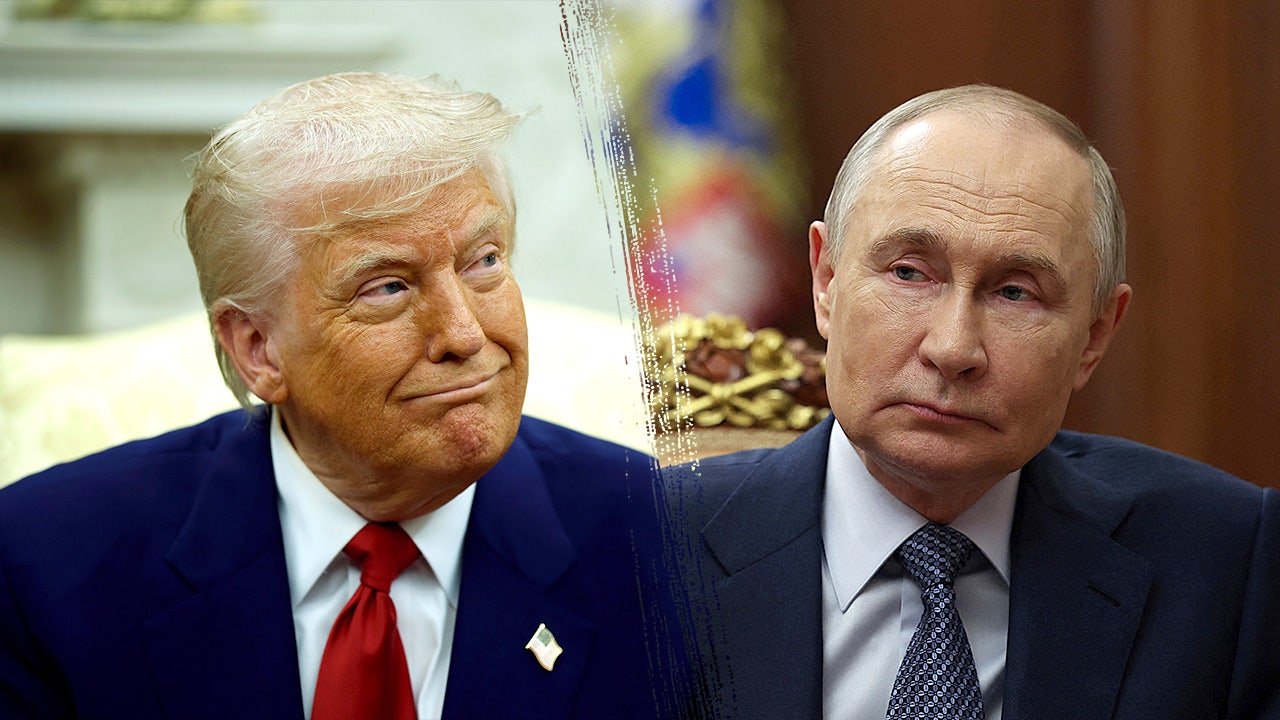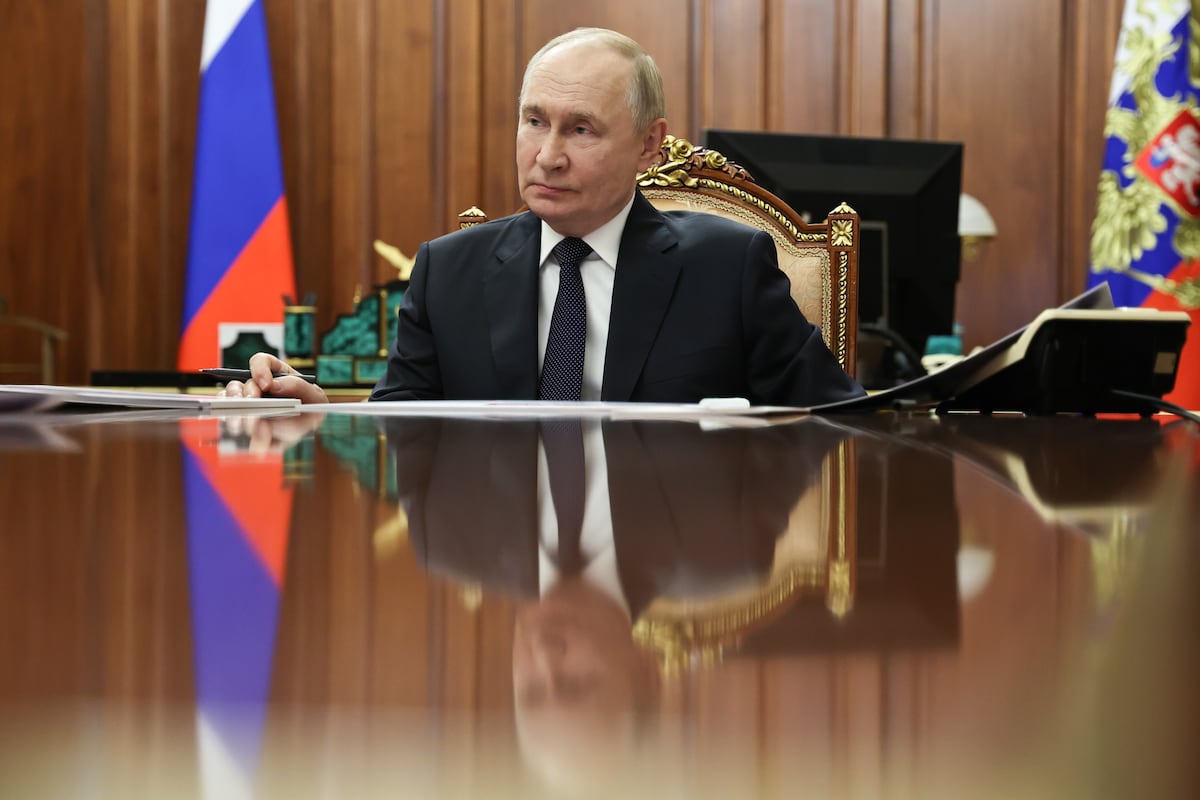US-Ukraine Peace Proposal Faces Mixed European Reception as Russia Backs Original Plan
US-Ukraine peace talks in Geneva progressed on a US proposal, but a modified version draws cautious welcome from some European allies and wariness from others, while Russia supports the original plan.

US, Ukraine report ‘meaningful progress’ to end war with Russia

Moscow Rejects European Attempts To Reshape Trump’s Plan To End Ukraine War

Five reasons Trump's Ukraine plan is deal Putin can't afford to refuse

The Kremlin clings to Trump’s concessions and calls European plan ‘unconstructive’
Overview
US and Ukrainian officials concluded peace talks in Geneva, Switzerland, making significant progress on a U.S.-backed proposal to end the conflict with Russia, initially from President Trump.
Secretary of State Marco Rubio praised the advancements as "tremendous" and "very positive," though President Trump expressed skepticism about a quick deal's feasibility.
European allies of Ukraine cautiously welcome a modified US peace proposal, while some key European leaders express wariness and disagreement with the approach.
Moscow supports negotiations starting with the original US proposal, which benefits Russia in the negotiation process, despite not participating in the Geneva talks or receiving outcome information.
The Trump administration initially pressured Ukraine with deadlines to accept a deal or face aid cuts, though officials later backed away from these specific timelines.
Analysis
Center-leaning sources frame this story by emphasizing the contentious nature of the U.S. peace proposal, particularly the demand for Ukraine to cede territory. They highlight the significant pressure on Kyiv and the alarm among European allies, collectively portraying the plan as potentially too favorable to Russia and a threat to Ukraine's sovereignty and territorial integrity.
FAQ
The US peace proposal was reduced from 28 points to 19 points after the Geneva talks. Nine provisions were removed, reportedly due to European objections, particularly regarding sanctions and frozen Russian assets, which are considered under EU authority.
Some European allies are concerned that the proposal's limitations on Ukraine's armed forces and its requirement for Ukraine to surrender territory could leave Ukraine vulnerable to future Russian attacks, and they object to provisions on sanctions and frozen Russian assets, which they believe should be decided by the EU.
Russia supports negotiations starting with the original US proposal, which benefits Russia in the negotiation process, even though Moscow did not participate in the Geneva talks or receive information about the outcome.
The Trump administration initially pressured Ukraine with deadlines to accept the deal, threatening aid cuts if Ukraine did not agree. However, officials later backed away from these specific timelines.
Key points of contention include Ukraine's potential surrender of territory, limits on its military size, and the requirement to formally abandon its bid to join NATO, all of which have raised concerns among Ukrainian and European leaders.